8 Things to Consider Before Buying a Long-Term Apartment
Buying a long-term apartment is an exciting prospect, but it can also be overwhelming. Before signing a lease and committing to real estate for an extended period, there are many factors to consider. From location and budget to amenities and landlord policies, conducting research in advance ensures you're getting the best possible deal. To help guide you on this journey, here are 8 things to consider before buying a long-term apartment.
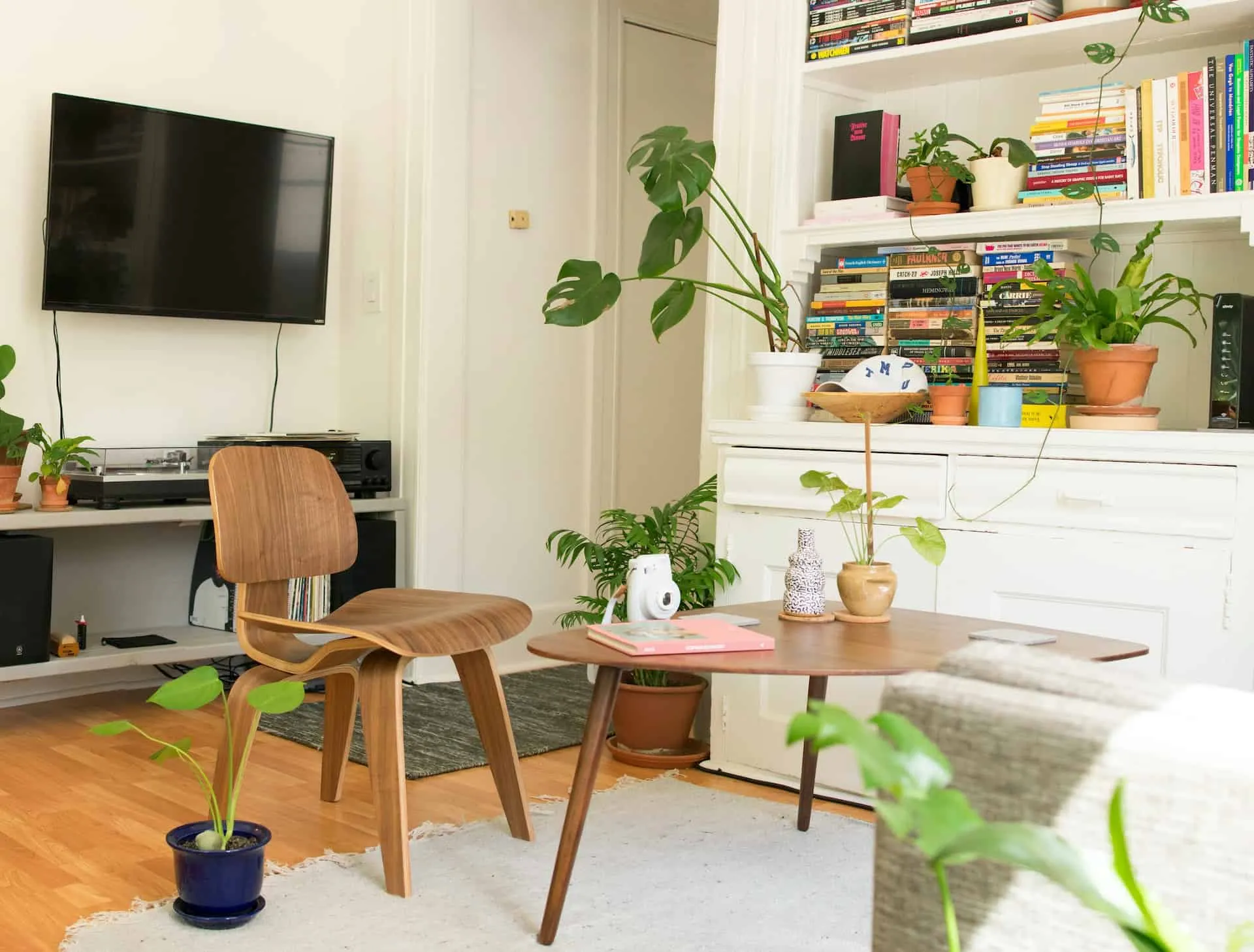
1. Location
One of the most important things when buying a long-term apartment is proximity to your workplace, family and friends, as well as other places important to you such as schools or grocery stores. Thoroughly research the neighborhood you're considering so that you understand what kind of area it is: crime levels and accessibility. To find an apartment in the right location, proper research is essential. While you can easily search existing listings online, visiting the area in person may also be necessary to better assess it.
2. Budget
Your budget is likely the most important factor in deciding what type of housing you can rent. Research rental prices in the area and ensure that you have enough funds to cover not only rent but other related expenses such as parking, insurance, utilities and so on. It's also important to consider how much additional money you might need each month if something goes wrong with the property or an emergency arises. To create a budget for long-term renting, make sure you account for unexpected expenses and have a financial plan in place for the future.
3. Lease Terms
Before signing any lease agreement, it's important to carefully read all its terms. Make sure you understand these provisions so as to avoid surprises in the future. Usually, it's worth considering pet policies, late fees, move-in costs and deposits, as well as licensing agreements if you plan to sublet a room or use the property for commercial purposes. Additionally, learn about any special rights or restrictions that landlords may have regarding use of their property. Understanding what is expected from both sides will help prevent issues during the rental period. It's also important to know the lease duration and whether there are options for early termination.
4. Amenities
When buying a long-term apartment, it's important to consider what amenities you might need for comfort. Features such as air conditioning, heating, parking spaces, laundry facilities and access to common areas can significantly impact your life and should be taken into account when evaluating potential properties. Additionally, consider how much storage space you'll need and whether furniture will be provided with the property. Knowing what features you require in advance helps narrow your search and brings you closer to finding your ideal home.
5. Maintenance
It's also important to know who is responsible for which types of maintenance in the building. Will you need to pay for repairs or will that be covered by the landlord? Ensure you understand under what circumstances these responsibilities fall on you, the landlord or both parties. Some landlords may even offer a maintenance plan that covers regular upkeep such as plumbing, electrical work and appliance repairs. While this may increase rent costs, in the long run it could save you money if any issues arise.
6. Utilities
When buying a long-term apartment, it's important to understand what utilities are included in the rent and which ones need to be arranged separately. Standard services include water, electricity, gas, cable/internet connection, waste removal and recycling services. Find out what payment plans are available and whether discounts are offered for long-term contracts. Also, inquire about any additional fees or deposits that may be required before services begin. If possible, negotiate a payment schedule with utility companies to spread out the costs of these services over several months. Of course, you'll also want to factor in heating and cooling costs if they aren't included in the rent.
7. Shared Living
If you plan to live with roommates in your long-term apartment, it's important to discuss expectations and responsibilities with them beforehand. Make sure everyone clearly understands who pays for which utilities, who has access to living spaces and any other rules or protocols that should be followed inside the home. It's also a good idea to draft a lease agreement between all participants so that everyone knows their rights and obligations from the start.
8. Insurance
Beyond considering amenities you might need or require, it's also important to think about how to protect your rented property and belongings. Renters insurance is a great way to be covered in case of emergencies or natural disasters. Contact an insurance agent for information on available coverage types, as well as offers and rates. When insuring, carefully read the policy terms to understand what is covered and what isn't. Ask questions if you have doubts or concerns. A good understanding of your coverage will help ensure all your belongings are properly protected in case an incident occurs.
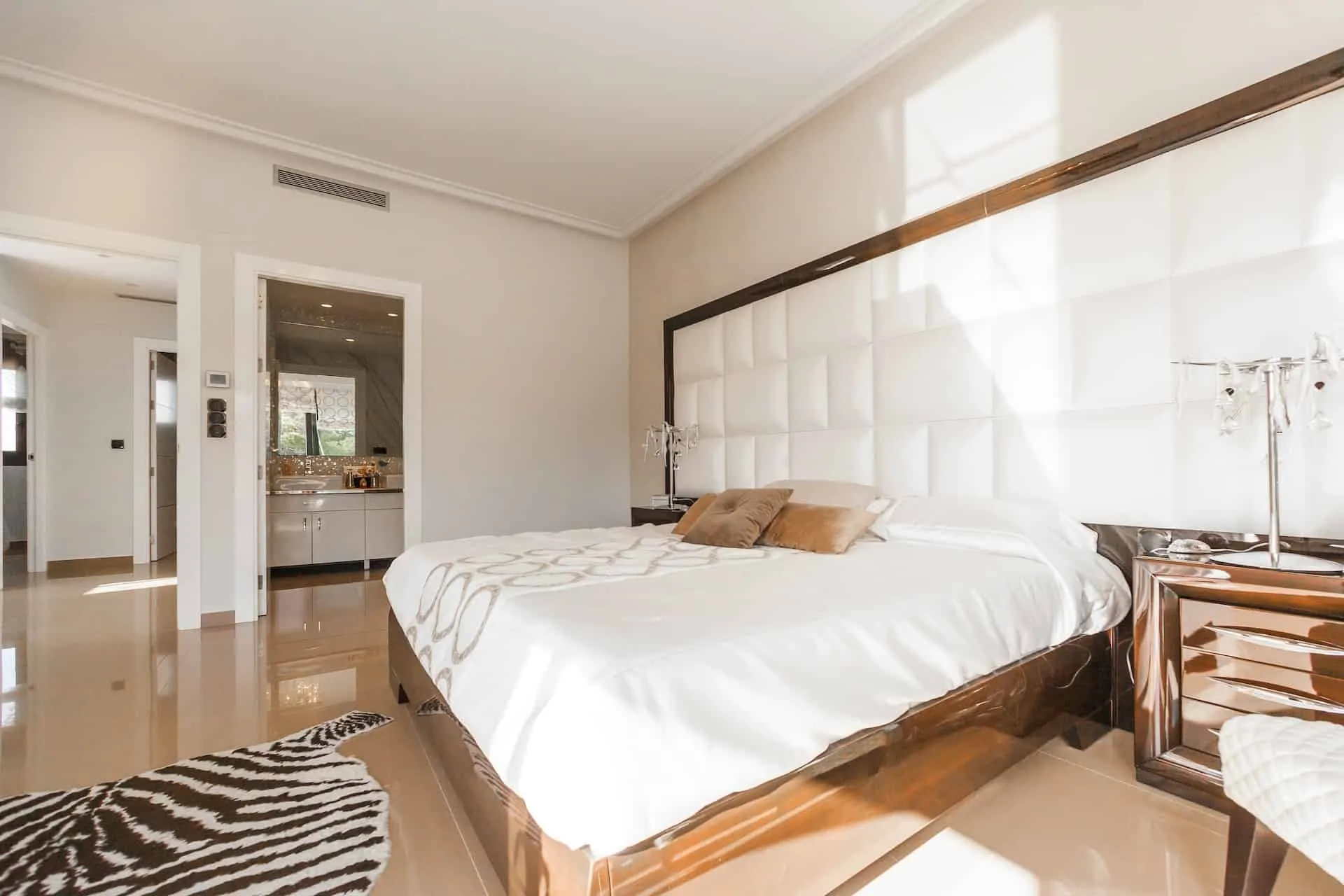
By spending time researching all these topics before signing a long-term lease agreement, you can be confident that your living situation will go smoothly and without worry. These steps now help avoid headaches in the future and ensure satisfaction for all parties involved with renting. With the right resources and guidance, you can feel assured that you'll find exactly what you're looking for in your next long-term rental.
Need a renovation specialist?
Find verified professionals for any repair or construction job. Post your request and get offers from local experts.
You may also like
More articles:
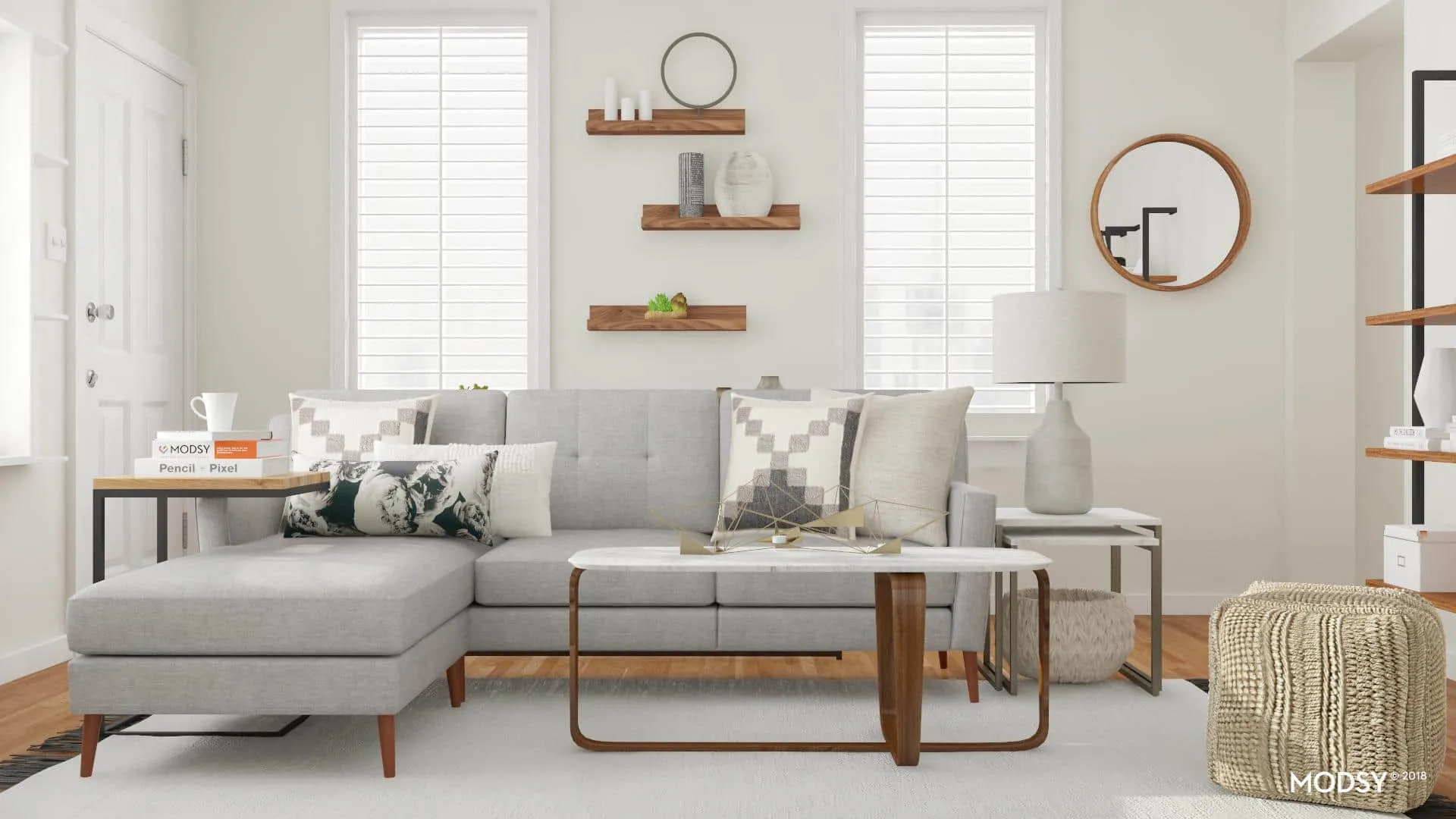 6 Ways to Update Your Home Before Moving
6 Ways to Update Your Home Before Moving 6 Ways to Identify Structural Damage in Your Home
6 Ways to Identify Structural Damage in Your Home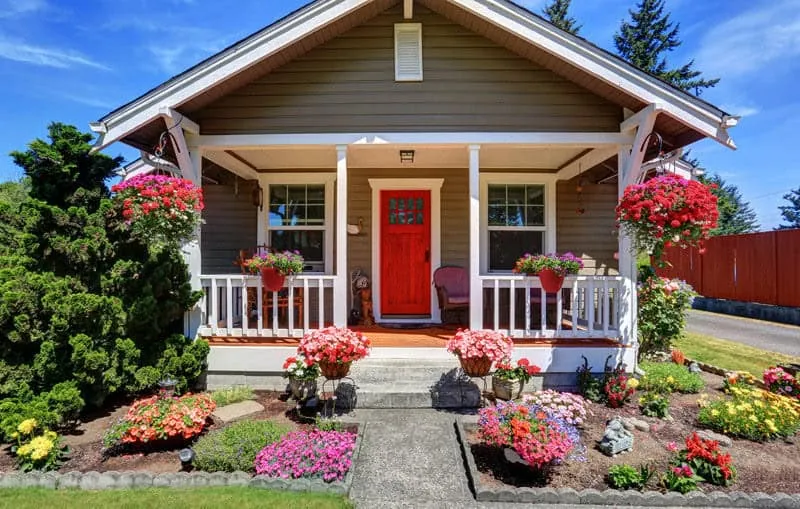 6 Ways to Improve Home Curb Appeal on a Budget
6 Ways to Improve Home Curb Appeal on a Budget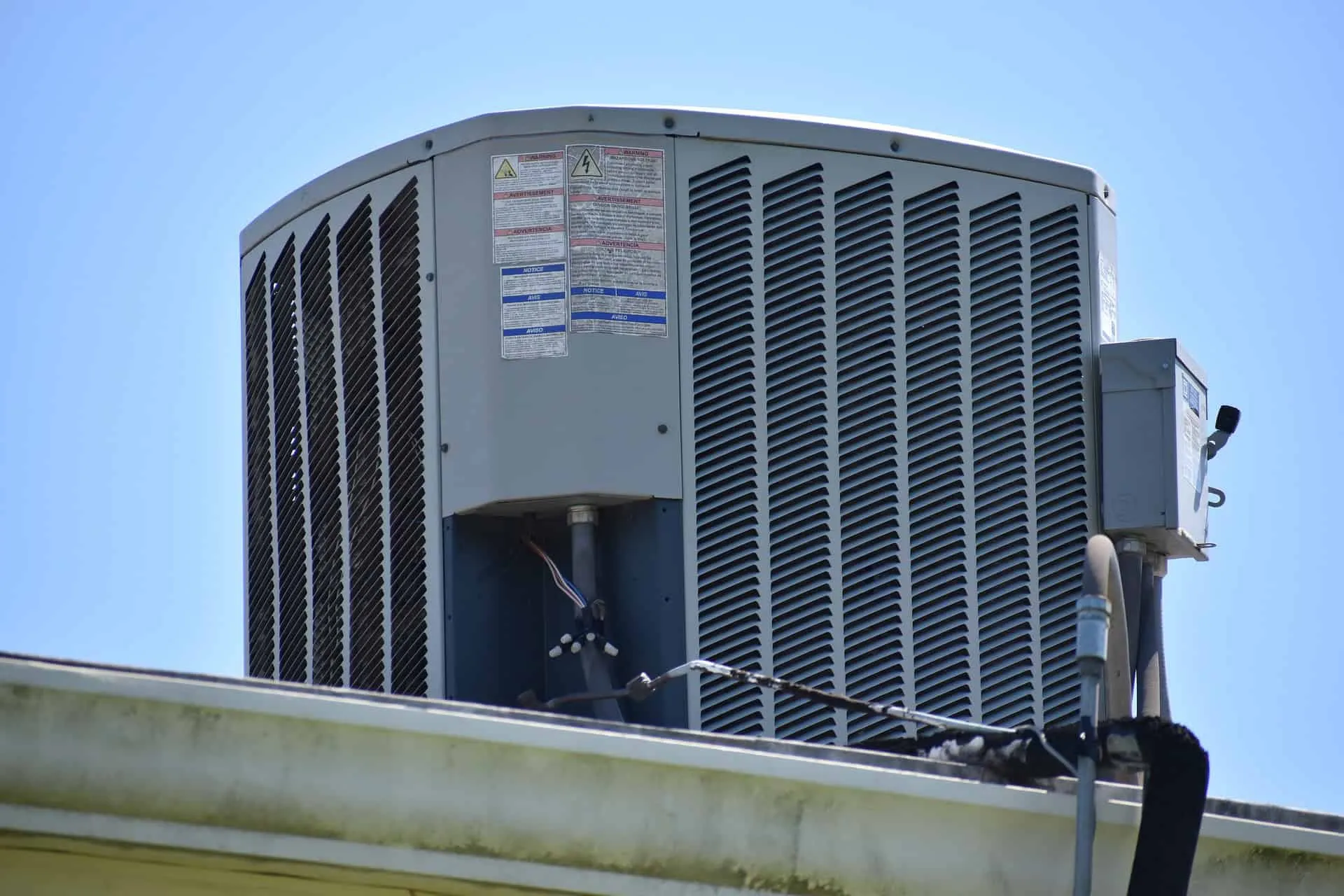 6 Ways to Extend the Life of Your Heating and Ventilation System
6 Ways to Extend the Life of Your Heating and Ventilation System 6 Ways to Express Artistic Ideas in Your Home
6 Ways to Express Artistic Ideas in Your Home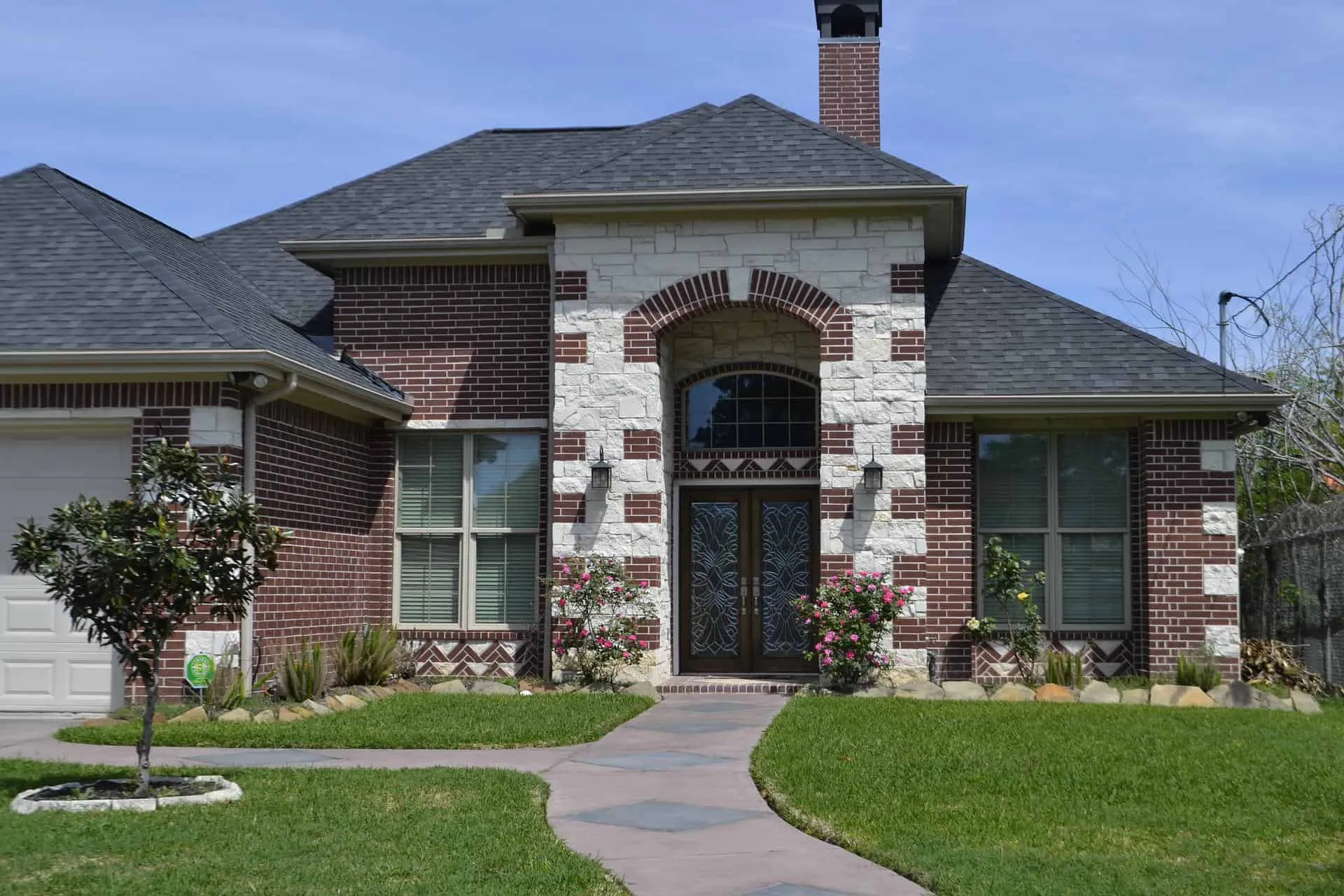 6 Ways to Make Your Property Exterior More Attractive
6 Ways to Make Your Property Exterior More Attractive 6 Magic Details for a Christmas Dinner That Will Be Remembered Forever
6 Magic Details for a Christmas Dinner That Will Be Remembered Forever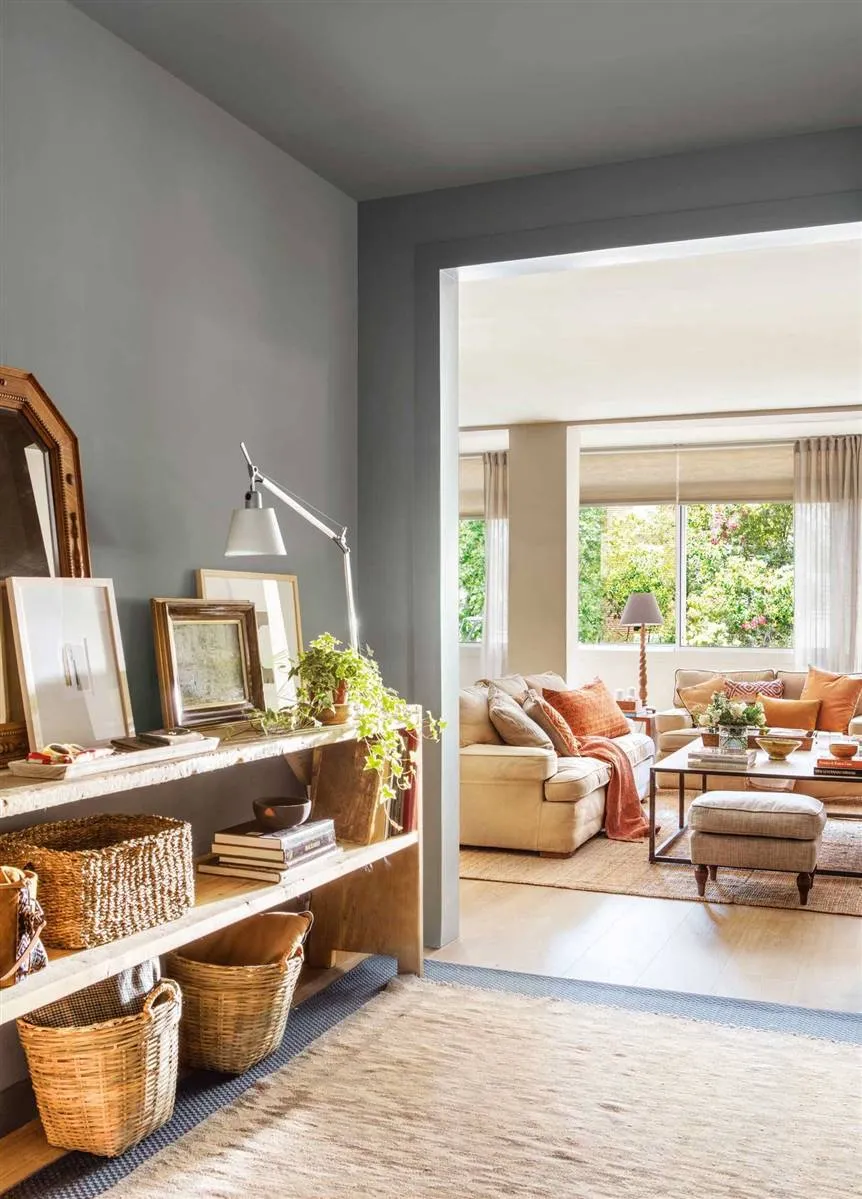 6 Amazing Ideas for Decorating a Hall Opened into the Living Room
6 Amazing Ideas for Decorating a Hall Opened into the Living Room